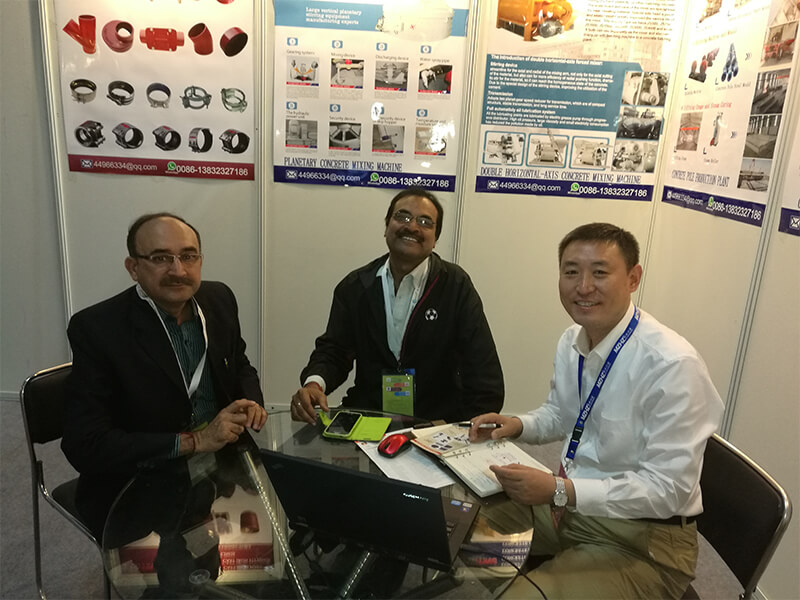- Afrikaans
- Albanian
- Amharic
- Arabic
- Armenian
- Azerbaijani
- Basque
- Belarusian
- Bengali
- Bosnian
- Bulgarian
- Catalan
- Cebuano
- China
- China (Taiwan)
- Corsican
- Croatian
- Czech
- Danish
- Dutch
- English
- Esperanto
- Estonian
- Finnish
- French
- Frisian
- Galician
- Georgian
- German
- Greek
- Gujarati
- Haitian Creole
- hausa
- hawaiian
- Hebrew
- Hindi
- Miao
- Hungarian
- Icelandic
- igbo
- Indonesian
- irish
- Italian
- Japanese
- Javanese
- Kannada
- kazakh
- Khmer
- Rwandese
- Korean
- Kurdish
- Kyrgyz
- Lao
- Latin
- Latvian
- Lithuanian
- Luxembourgish
- Macedonian
- Malgashi
- Malay
- Malayalam
- Maltese
- Maori
- Marathi
- Mongolian
- Myanmar
- Nepali
- Norwegian
- Norwegian
- Occitan
- Pashto
- Persian
- Polish
- Portuguese
- Punjabi
- Romanian
- Russian
- Samoan
- Scottish Gaelic
- Serbian
- Sesotho
- Shona
- Sindhi
- Sinhala
- Slovak
- Slovenian
- Somali
- Spanish
- Sundanese
- Swahili
- Swedish
- Tagalog
- Tajik
- Tamil
- Tatar
- Telugu
- Thai
- Turkish
- Turkmen
- Ukrainian
- Urdu
- Uighur
- Uzbek
- Vietnamese
- Welsh
- Bantu
- Yiddish
- Yoruba
- Zulu
Jul . 26, 2024 02:17 Back to list
Exploring Innovative Designs for Enhanced Energy Efficiency in Heat Exchanger Technologies for Sustainable Solutions
Energy Efficient Heat Exchangers A Key to Sustainability
In today's world, where energy consumption and environmental concerns are at the forefront of global discussions, the importance of energy-efficient technologies cannot be overstated. One of the most crucial components in industrial processes and building systems is the heat exchanger. These devices play a fundamental role in transferring heat between two or more fluids, and their efficiency significantly impacts overall energy use and sustainability.
Understanding Heat Exchangers
Heat exchangers are utilized in various applications, including heating, cooling, refrigeration, and power generation. They work by transferring thermal energy from one medium to another without mixing them. The primary types of heat exchangers include shell-and-tube, plate, air-cooled, and double-pipe configurations, each designed for specific applications and efficiency requirements.
The Case for Efficiency
The efficiency of a heat exchanger is determined by its ability to transfer heat with minimal energy loss. Traditional heat exchangers may waste a significant amount of energy due to poor design and inadequate materials. In contrast, energy-efficient heat exchangers are designed to maximize heat transfer while minimizing energy consumption. This leads to lower operating costs, reduced environmental impacts, and extended equipment lifespans.
Benefits of Energy Efficient Heat Exchangers
1. Reduced Energy Consumption By optimizing heat transfer, energy-efficient heat exchangers consume less energy to achieve the same heating or cooling effect. This translates into lower utility bills for consumers and industries alike.
energy efficient heat exchanger

2. Environmental Sustainability Energy efficiency directly correlates with reduced greenhouse gas emissions. By consuming less energy, industries can significantly lessen their carbon footprint, contributing to global climate goals and sustainability efforts.
3. Improved Process Performance Efficient heat exchangers enhance the overall performance of heating and cooling systems. They can help maintain optimal operating conditions in industrial processes, leading to improved product quality and consistency.
4. Adaptability and Versatility Modern energy-efficient heat exchangers are designed to be versatile, allowing for easy integration into existing systems. This adaptability means that industries can upgrade their equipment without overhauling entire systems.
5. Long-Term Cost Savings While the initial investment in energy-efficient heat exchangers may be higher, the long-term savings on energy costs can be substantial. Additionally, many countries offer incentives or rebates for implementing energy-efficient technologies, further enhancing the economic viability of these systems.
Innovations in Heat Exchanger Technology
The drive for energy efficiency has spurred significant innovations in heat exchanger design and materials. Advances such as enhanced heat transfer surfaces, improved thermal insulation technologies, and the use of advanced materials (like titanium and special alloys) have significantly improved the performance of heat exchangers. Furthermore, computer-aided design (CAD) and computational fluid dynamics (CFD) are playing pivotal roles in the development of more efficient designs, optimizing fluid flow and heat transfer characteristics.
Conclusion
As the global community continues to grapple with energy efficiency and sustainability challenges, energy-efficient heat exchangers stand out as a critical technology. Their ability to reduce energy consumption, lower emissions, and enhance process efficiency makes them an indispensable element of modern industrial applications and building systems. Moving forward, investments in these technologies will not only yield economic benefits but also support broader environmental goals, paving the way for a sustainable future. The continuous evolution of heat exchanger design and technology will be vital in meeting the growing energy demands of the 21st century while ensuring a healthier planet for future generations.
-
Premium Cast Iron Water Main Pipe: Durable, Corrosion-Resistant
NewsAug.03,2025
-
Durable Cast Iron Water Mains | AI-Optimized Systems
NewsAug.02,2025
-
High-Efficiency Propane Boiler for Baseboard Heat | Save Energy
NewsAug.01,2025
-
Premium Source Suppliers for Various Gray Iron Castings
NewsJul.31,2025
-
Durable Cast Iron Water Main Pipes | Long-Lasting
NewsJul.31,2025
-
High-Quality Cast Iron Water Main Pipe for Durable Infrastructure
NewsJul.30,2025


